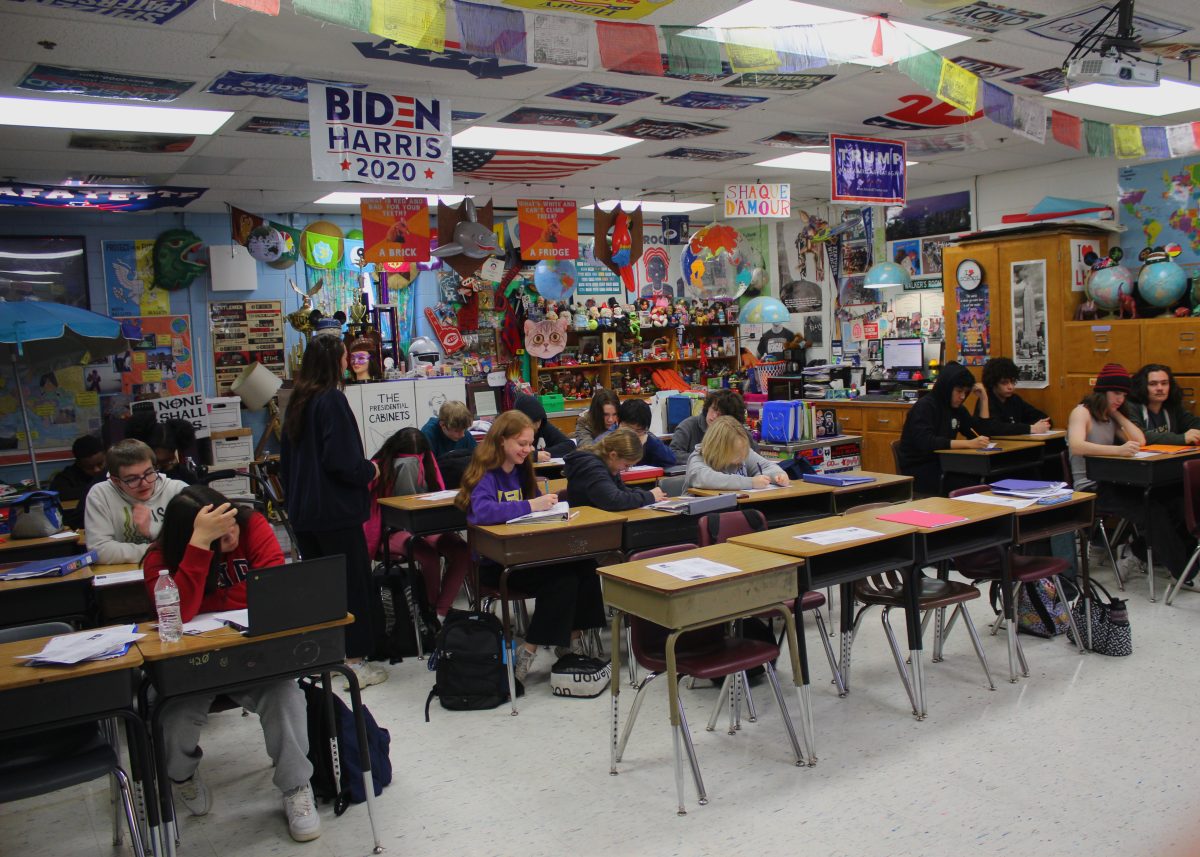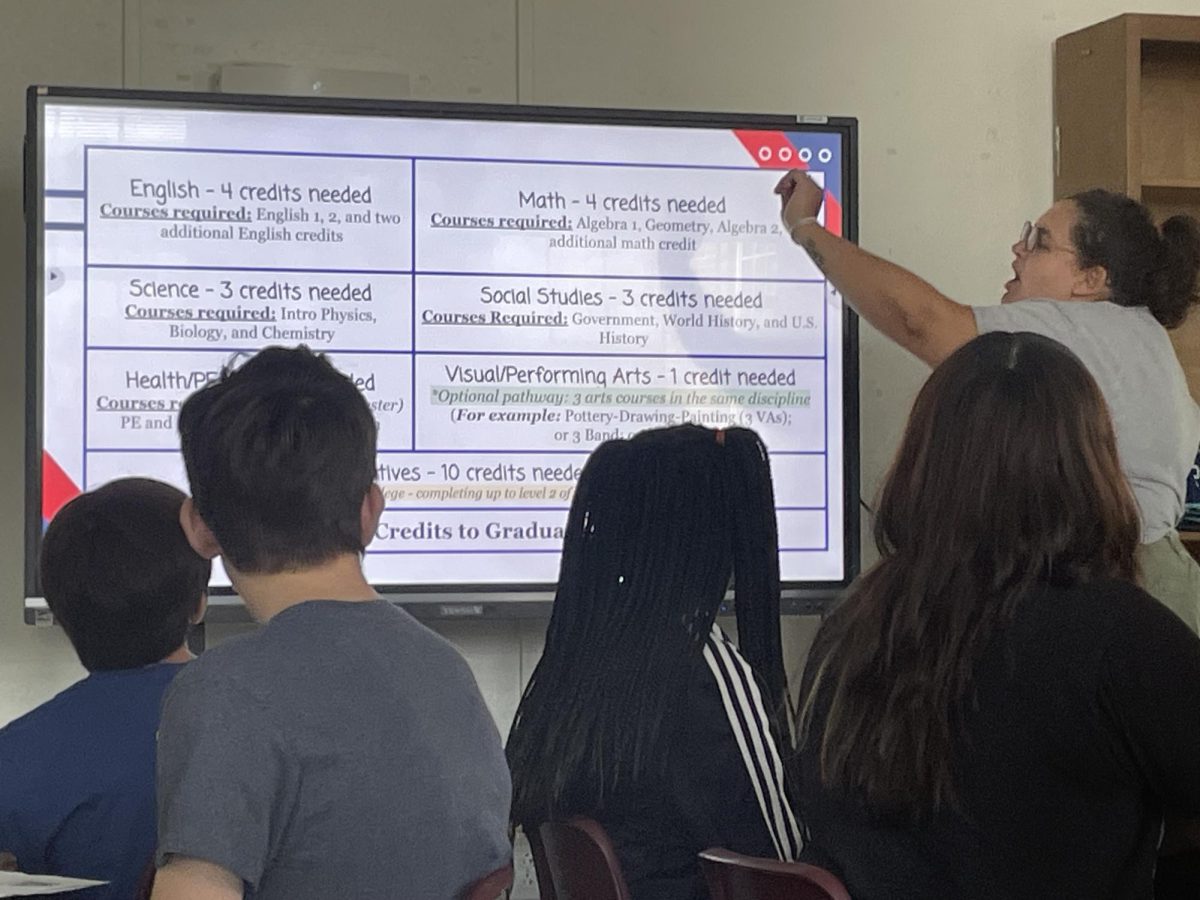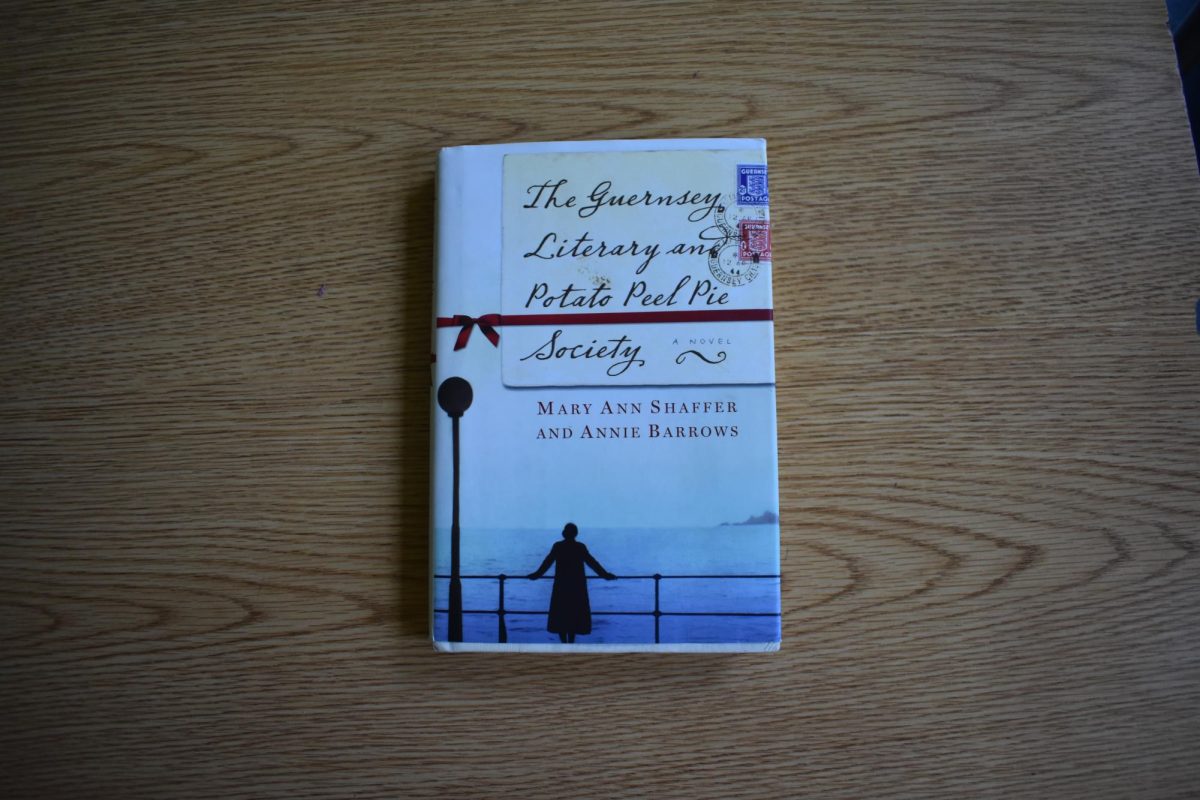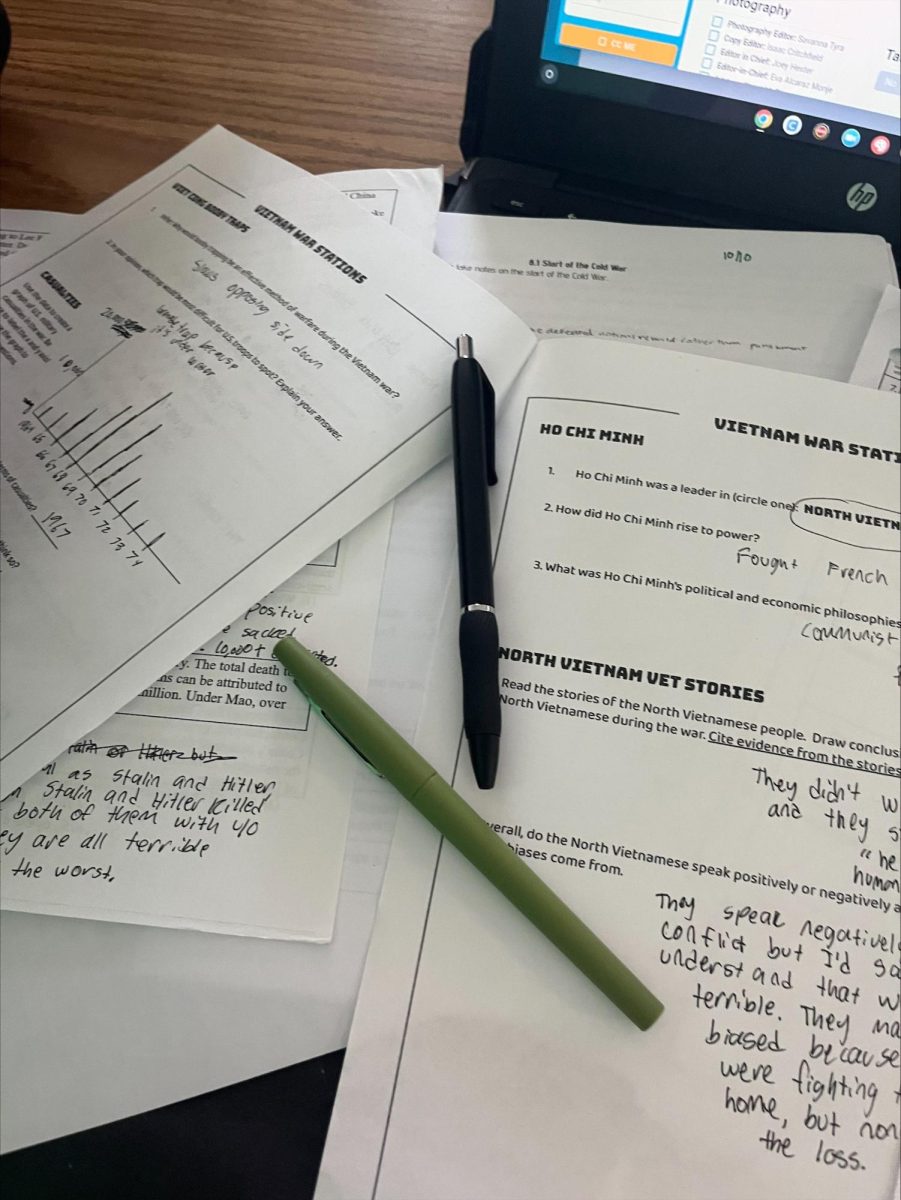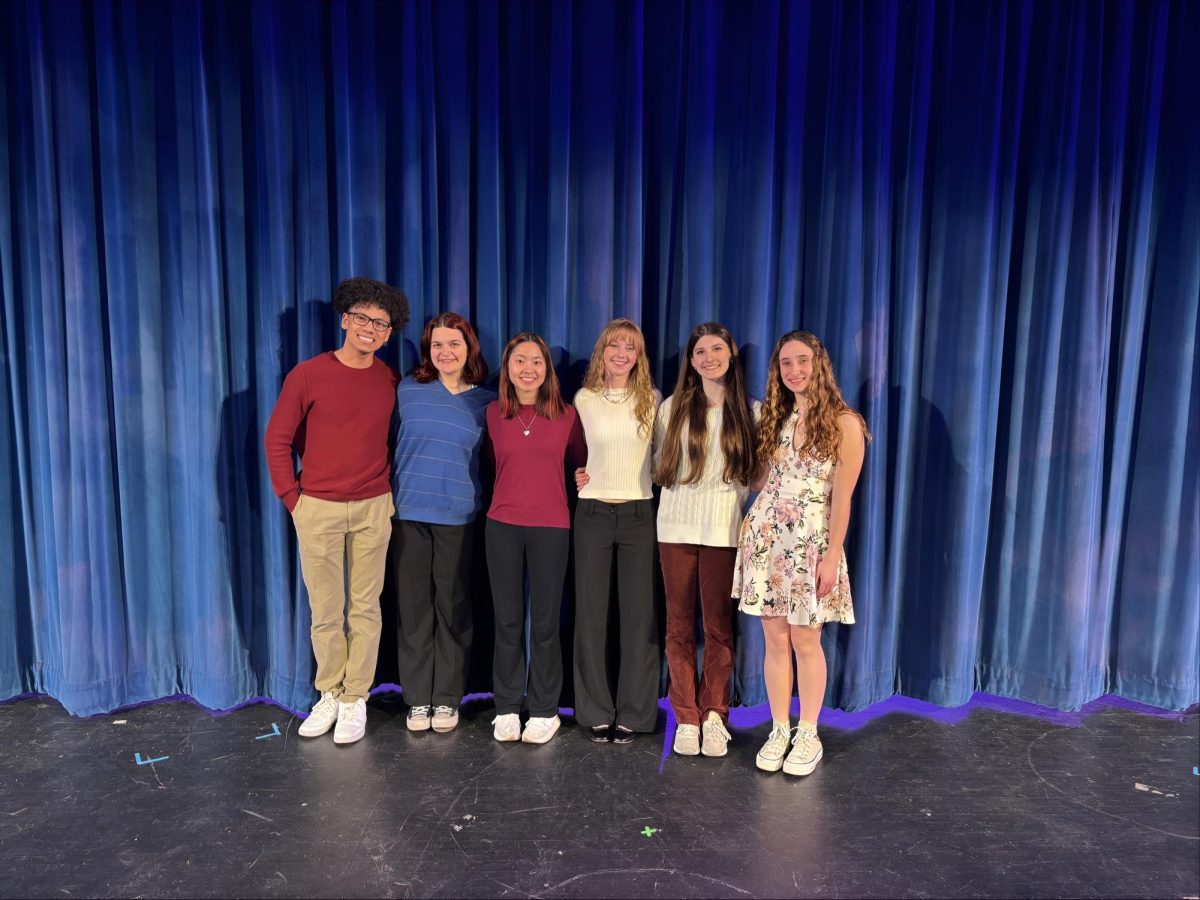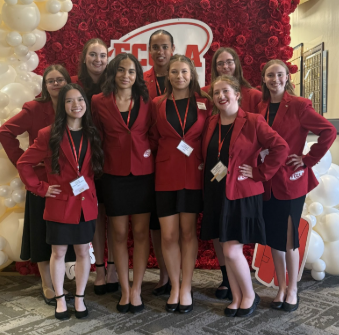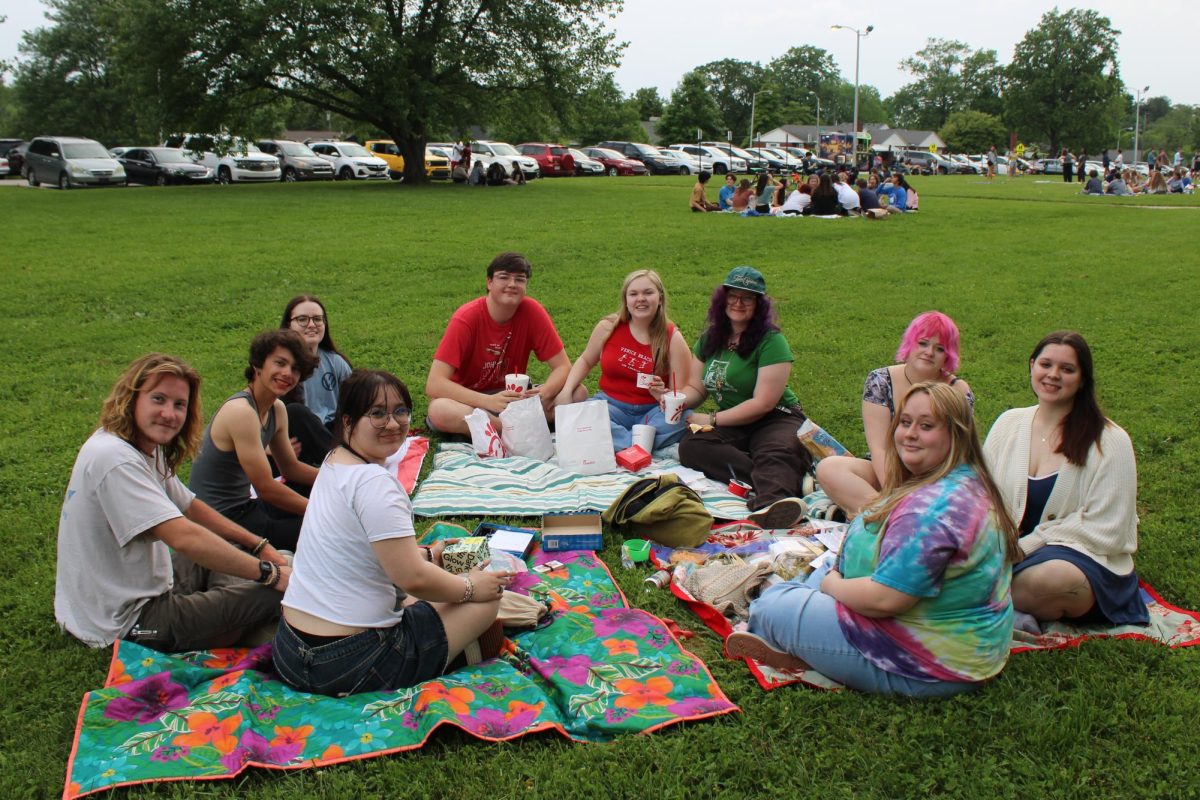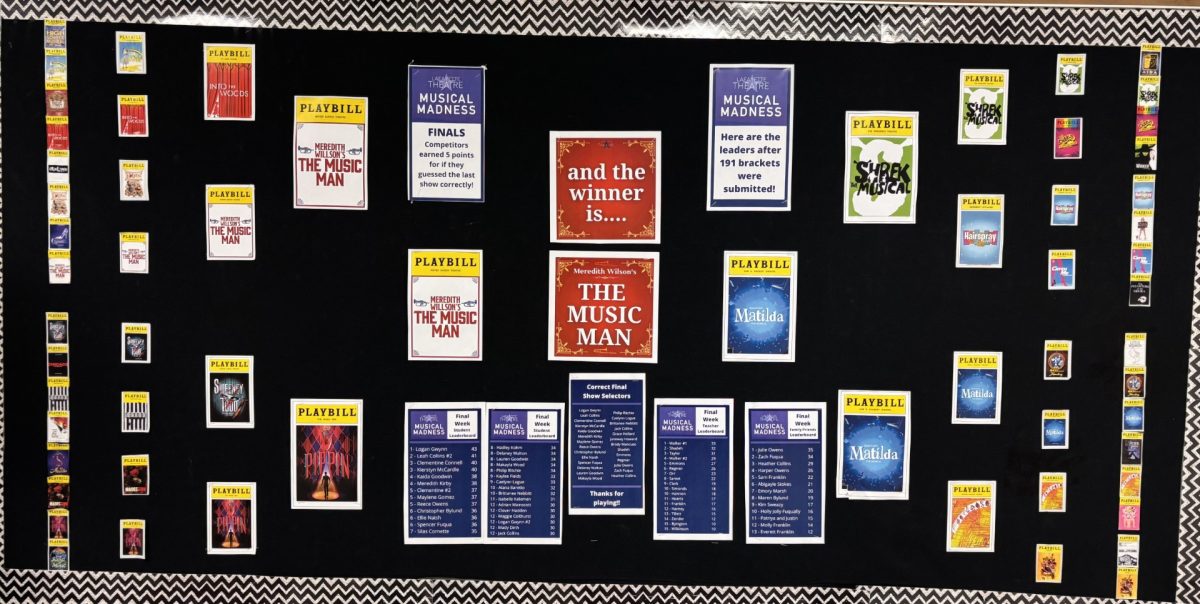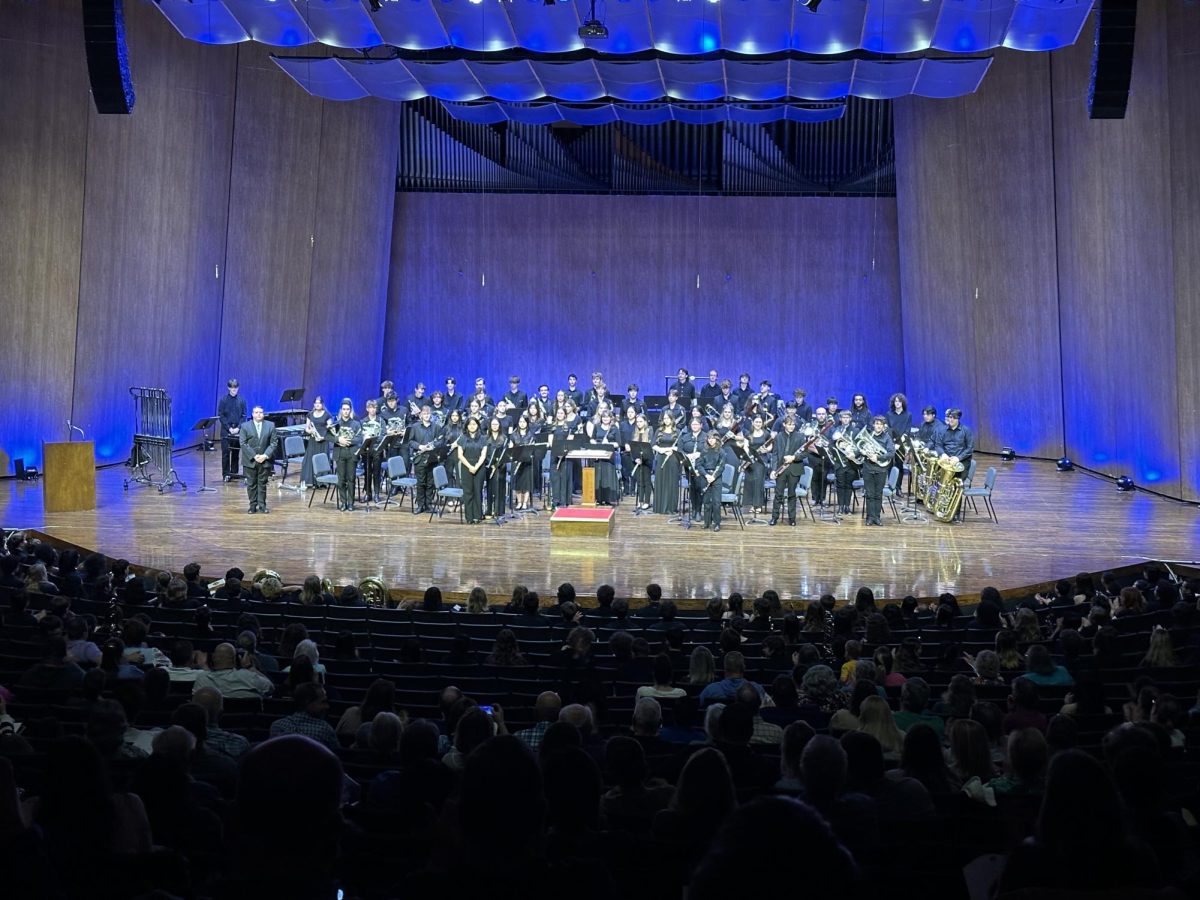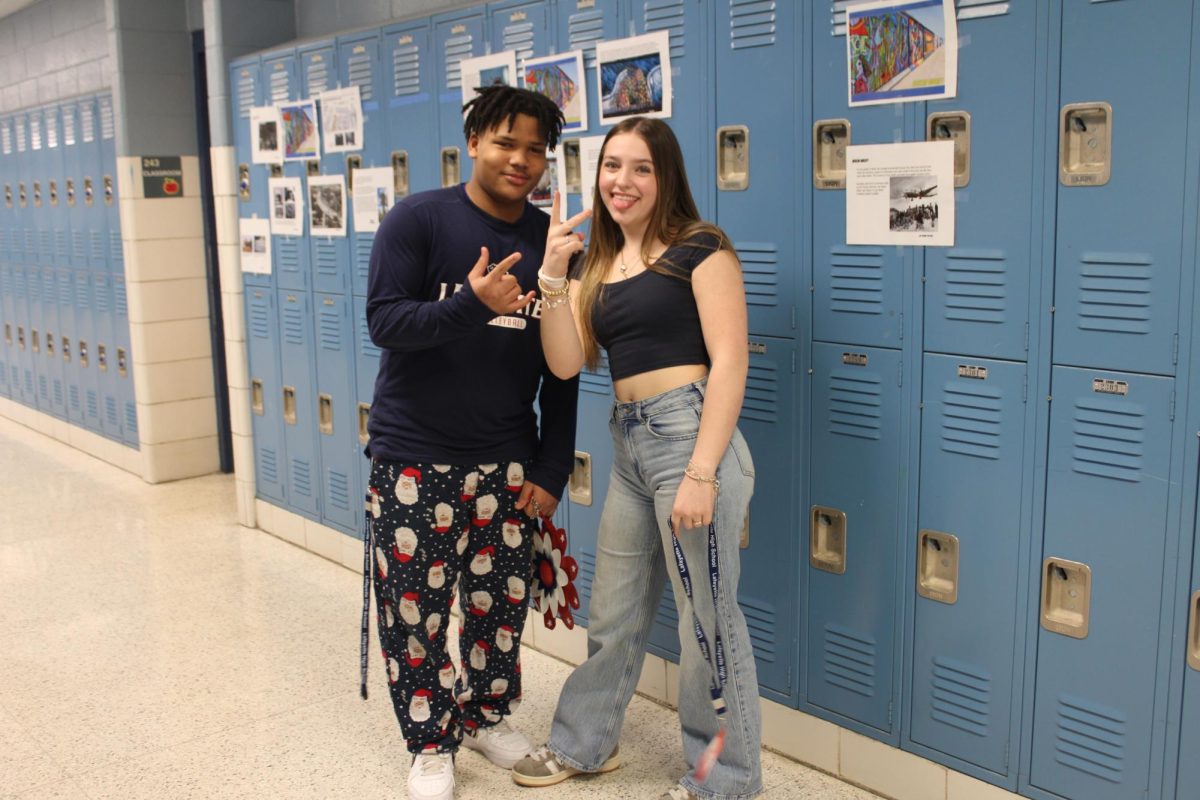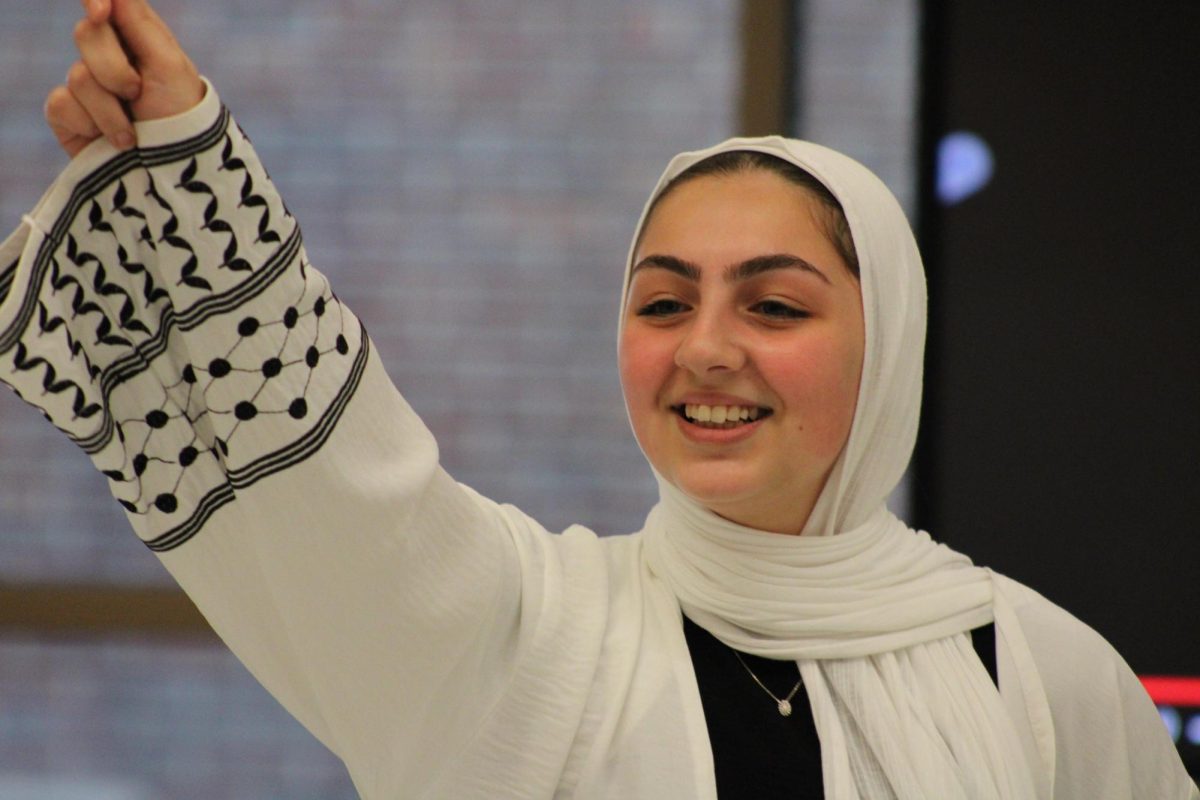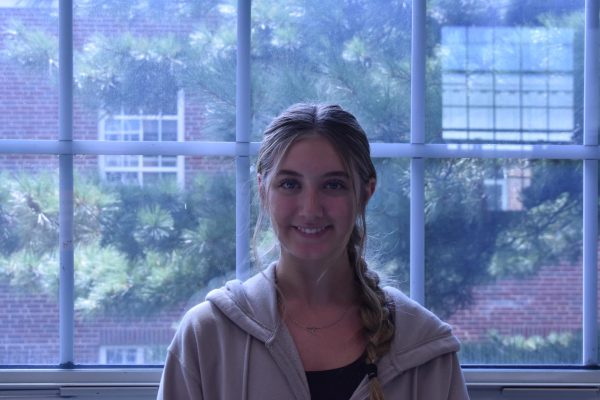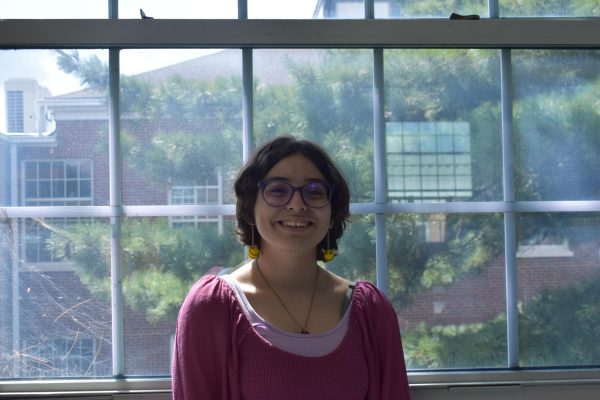If you wish to pursue a career relating to social studies, Lafayette offers a multitude of electives that can help prepare you for a line of work in this field. Here’s what you can expect if you decide to take one of those electives. It’s important to note that most all social studies electives here are advanced or AP, meaning the content may be fast-paced and in-depth.
Advanced Crime Scene Investigations is a great class if you’re interested in social studies and science. In this course, students examine forensic history, evidence collection, criminal law, crime scene reconstruction, and more. Similarly, Advanced Criminal Justice studies the criminal justice system and historical documents- and their relation to current events.
You can also take Advanced Political Science, which dives into governmental and political ideologies. Advanced World Cultures is a discussion-based class on the similarities and differences of cultures, which can also be highly beneficial for public speaking. If what you’re looking for is a more complex social studies course,
Lafayette offers several attractive Advanced Placement options. AP European History is an in-depth look at the development of European civilizations, along with the chronology of major European events from 1300 to the present day. AP Human Geography entails studying population, cultural patterns, cities, urban land use, etc. Finally, Advanced Psychology is an excellent option if you’re interested in the scientific principles of individual behavior, such as child development, memory, emotion, personality, love, and more. There is also AP Psychology, which is more extensive content-wise. Students are encouraged to take AP Psychology if they wish to do college work in psychology.
To learn more about Lafayette’s Advanced Psychology class, we interviewed Sophomore Addyson Seale, who is currently in the course. When asked to explain what students are taught in Adv. Psychology, Seale said, “You learn many different ways that the human mind thinks and acts depending on environmental factors, and useful tools to understand how to read people’s emotions based on body language.” She said she enjoys it and would recommend it to students “looking for an interesting elective class.”
As you can see, Lafayette’s social studies electives can teach you a lot about everything from criminal law to ancient civilizations to human emotions. If you think you might be interested in a profession in any of these topics, talk to your teachers and decide which electives are right for you!

